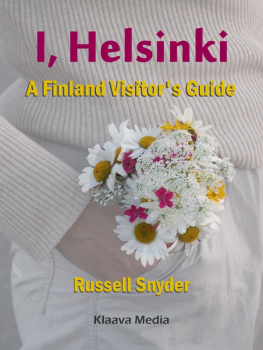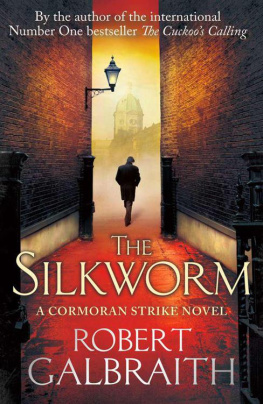Antti Tuomainen
THE HEALER

I. TWO DAYS BEFORE CHRISTMAS
Which was worsecomplete certainty that the worst had happened, or this fear, building up moment by moment? Sudden collapse, or slow, crumbling disintegration?
I lurched with the force of a swerve that shook me out of my wandering thoughts, and looked up.
Yellow-black flames from a wrecked truck lashed the pillar of the pedestrian bridge at the Srninen shore road. The truck looked broken in the middle, embracing the pillar like a pleading lover. Not one of the passing cars slowed down, let alone stopped. They moved to the outside lane as they flew by, passing the burning wreck at the greatest possible distance.
So did the bus I was sitting in.
I opened my rain-soaked parka, found a packet of tissues in the inside pocket, pulled one loose with numb fingers, and dried my face and hair with it. The tissue was drenched through in a moment. I squeezed it into a ball and shoved it into my pocket. I shook drops of water from the hem of my jacket into the space between my knees and the wall, then took my phone out of the pocket of my jeans. I tried to call Johanna again.
The number was still unavailable.
The metro tunnel was closed from Srninen to Keilaniemi because of flooding. The train had taken me as far as Kalasatama, where Id had to wait for the bus for twenty minutes under a sky pouring rain.
The burning truck was left behind as I went back to watching the news on the screen attached to the back of the drivers bulletproof glass compartment. The southern regions of Spain and Italy had officially been left to their own devices. Bangladesh, sinking into the sea, had erupted in a plague that threatened to spread to the rest of Asia. The dispute between India and China over Himalayan water supplies was driving the two countries to war. Mexican drug cartels had responded to the closing of the U.S.-Mexico border with missile strikes on Los Angeles and San Diego. The forest fires in the Amazon had not been extinguished even by blasting new river channels to surround the fires.
Ongoing wars or armed conflicts in the European Union: thirteen, mostly in border areas.
Estimated number of climate refugees planet-wide: 650800 million people.
Pandemic warnings: H3N3, malaria, tuberculosis, Ebola, plague.
Light piece at the end: the recently chosen Miss Finland believed that everything would be much better in the spring.
I turned my gaze back to the rain that had been falling for months, a continuous flow of water that had started in September and paused only momentarily since. At least five seaside neighborhoodsJtksaari, Kalasatama, Ruoholahti, Herttoniemenranta, and Marjaniemihad been continuously flooded, and many residents had finally given up and abandoned their homes.
Their apartments didnt stay empty for long. Even damp, moldy, and partially underwater, they were good enough for the hundreds of thousands of refugees arriving in the country. In the evenings large, bright cooking fires and campfires shone from flooded neighborhoods without power.
I got off the bus at the railway station. It would have been quicker to walk through Kaisaniemi Park, but I decided to go around it, along Kaivokatu. There werent enough police to monitor both the streets and the parks. Walking through the masses of people around the railway station was something always to be avoided. Panicked people were leaving the city and filling jam-packed trains headed north, with all their possessions in their backpacks and suitcases.
Motionless forms lay curled up in sleeping bags under plastic shelters in front of the station. It was impossible to tell whether they were on their way somewhere or simply lived there. The dazzling glow of tall floodlights mixed at eye level with the shimmer of exhaust fumes, the streetlights, and the garish red, blue, and green of lighted advertisements.
The half-burned central post office stood across from the station, a gray-black skeleton. As I passed it, I tried to call Johanna again.
I reached the Sanomatalo building, stood in line for fifteen minutes waiting to go through security, took off my coat, shoes, and belt, put them back on, and walked to the reception desk.
I asked the receptionist to ring Johannas boss, who for some reason wasnt answering my calls. I had met him a few times, and my guess was that if the call came from within the building he would answer, and when he learned who it was, hed let me tell him why I had come.
The receptionist was an icy-eyed woman in her thirties who, judging by her short hair and controlled gestures, was a former soldier who now guarded the physical integrity of the countrys last newspaper, her gun still at her side.
She looked me in the eye as she spoke into the air.
A man named Tapani Lehtinen I checked his ID. Yes One moment.
She nodded to me, the movement of her head like the blow of an ax.
What is your business?
Im unable to reach my wife, Johanna Lehtinen.
Half by mistake, I had recorded the last phone conversation Id had with Johanna, and I knew it by heart:
Im going to be working late today, she began.
How late is late?
Overnight, probably.
Inside or outside work?
Im already outside. I have a photographer with me. Dont worry. Were going to talk to some people. Well keep to public places.
A murmuring sound, the noise of cars, a murmur, a low rumble, and the murmur again.
Are you still there? she asked.
Where would I have gone? Im at my desk.
A pause.
Im proud of you, Johanna said. The way you keep going.
So do you, I said.
I guess so, she said, suddenly quiet, almost whispering.
I love you. Come home in one piece.
Sure, she whispered, and her words came quickly now, almost a single chain. See you tomorrow at the latest. I love you.
A murmur. A crackle. A soft click. Silence.
Managing editor Lassi Uutelas roughly forty-year-old face was covered in blue-gray stubble, and his eyes showed an irritation that he lacked the ability, and perhaps even the desire, to hide.
He was standing directly in front of me when the elevator doors opened on the fifth floor. He wore a black dress shirt and a thin gray sweater, dark jeans, and sneakers. His arms were crossed over his chest, a position they relinquished with elaborate reluctance as I stepped toward him.
Lassi Uutelas least appealing characteristicshis envy of more accomplished journalists, his tendency to avoid confrontation, his habit of holding grudges, his need to always be rightwere all familiar to me from what Johanna had told me. Johannas and Lassis views of the job of a reporter and the direction of the paper had been clashing more and more often. The ripples from these clashes had come ashore even at home.
We shook hands for a long time and introduced ourselves even though we knew who we were. For a fleeting moment it felt like I was performing in a bad play. As soon as he got his hand free, Lassi turned and brushed the door open with his fingertips. I followed him as he kicked his feet angrily in front of him, as if dissatisfied with their progress. We arrived at the end of a long hallway where there was a corner office a few meters square.
Lassi sat down at his desk in a black high-backed chair and gestured toward the rooms only other chair, a sort of white plastic cup.
I thought Johanna was working at home today, he said.
I shook my head.
To tell you the truth, I was hoping to find her here.
Now it was his turn to shake his head. The gesture was impatient and brief.

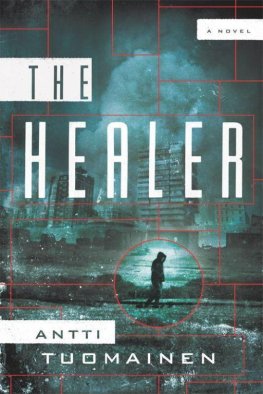
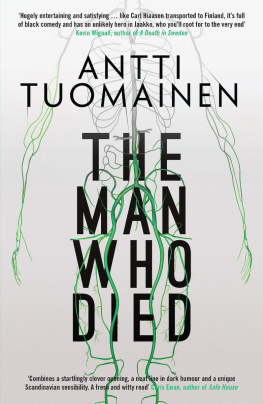
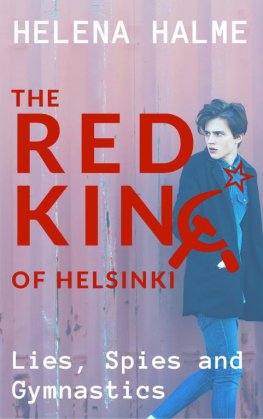

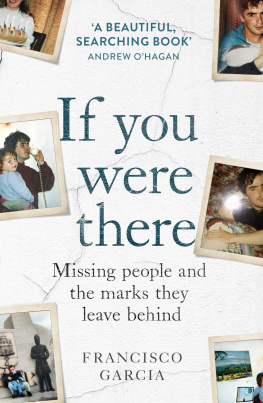
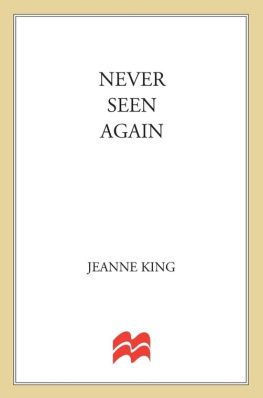

![Antti Tuomainen [Antti Tuomainen] - Little Siberia](/uploads/posts/book/140015/thumbs/antti-tuomainen-antti-tuomainen-little-siberia.jpg)
